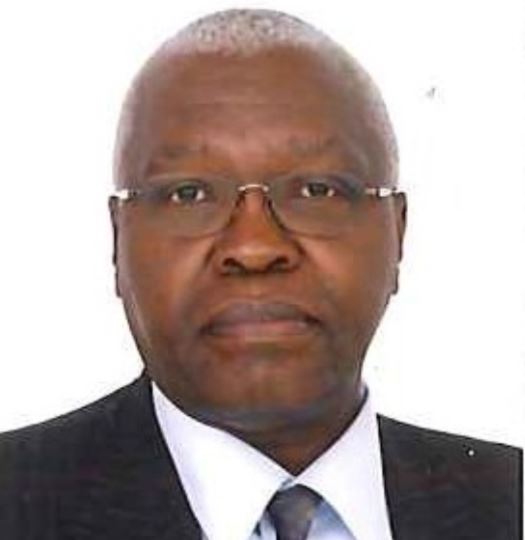×
The Standard e-Paper
Join Thousands Daily

Professor Raphael Munavu is a professor of Chemistry at the University of Nairobi and the Chair of Kenya National Academy of Sciences. He also served as the First Chancellor of Laikipia University
What does Kenya National Academy of Science do?